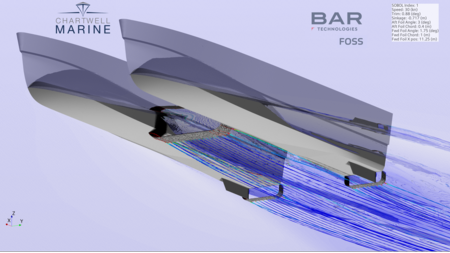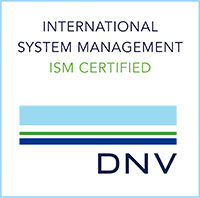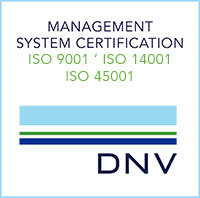


Cowes, 23rd November - Class-leading offshore energy support vessel (OESV), operator, Seacat Services, has ordered two further Chartwell 24 vessels to complement its growing fleet. These latest vessels, designed by pioneering naval architect, Chartwell Marine, will be the first equipped with a new foil optimisation and stability system (FOSS) designed by BAR Technologies. This system will enhance vessel stability, improving comfort for offshore wind technicians, and create substantial operational efficiency gains.
This deal closely follows Seacat’s double order for the new BARTech 30 vessel in September, with the build contract for all four boats awarded to Diverse Marine. It strengthens the collaboration between the four South Coast-based businesses as they continue to bolster a robust local offshore energy supply chain. Delivery of the vessels is scheduled for the spring of 2022 and 2023.
Changing operational profiles for offshore wind projects as they move further from shore, combined with growing industry awareness of the fundamental metrics that govern safe, fuel-efficient vessel operation, are driving evolution in vessel design. This evolution has been seen both in new designs such as the multi-hull BARTech 30, but also in incremental refinements to reliable platforms such as the Chartwell 24 catamaran to target specific project scopes.
For Seacat Services, the pair of FOSS equipped vessels – to be named Seacat Sceptre and Seacat Sovereign – will bring increased versatility to the fleet, particularly for testing deep water charters. They will also further the firm’s commitment to pursuing solutions for more fuel-efficient vessel operation that do not compromise performance at sea.
The addition of the FOSS to the Chartwell 24, with its high payload and large deck space, will help dampen pitch and roll, further enhancing its seakeeping capabilities and manoeuvrability. This will ensure that technicians can be accommodated safely and comfortably for optimal job performance on arrival. Optimising the vessel in this way also contributes to reduced fuel burn and emissions, with efficiency savings of up to 15%, representing a valid alternative to hybrid designs.
Ian Baylis, Managing Director at Seacat Services said: “The Chartwell 24 platform has already proven itself a versatile solution as we invest in our fleet to meet the demands of our broadening project portfolio. With the FOSS addition, Chartwell and BAR Technologies have helped us to take another step forward, while retaining the familiar vessel qualities that contribute to our proven formula.”
Andy Page, Naval Architect and Managing Director at Chartwell Marine, said: “Vessel design must take the needs of the end user into consideration. With operators now working in a wider variety of sea conditions, the Chartwell 24 range provides the versatility required to best serve the operator, whether that’s through hybrid propulsion variations or, in this case, the inclusion of FOSS technology.”
John Cooper, CEO at BAR Technologies said: “The offshore wind sector thrives off innovation, and the entrance of FOSS into the CTV industry will continue to reduce costs in the maritime supply chain. Foil technology has been used for decades to reduce drag in high performance yacht racing, and now, we are proudly bringing the technology to the commercial sphere. A FOSS system resembles a dynamic spoiler that sits below the waterline, increasing efficiency, enabling an active roll and trim response to counter the sea state and provide class-leading stability – without compromising on speed.”
This announcement follows the launch of Seacat’s first Chartwell 24, Seacat Weatherly, earlier in the year and the delivery of sister vessel, Seacat Rainbow, in October. Both vessels are already at work at UK offshore wind sites.

